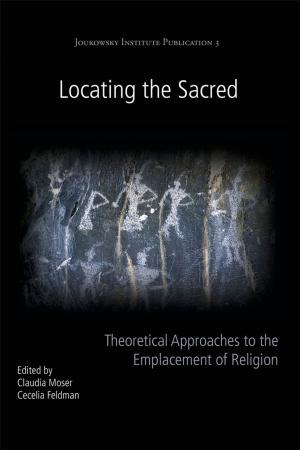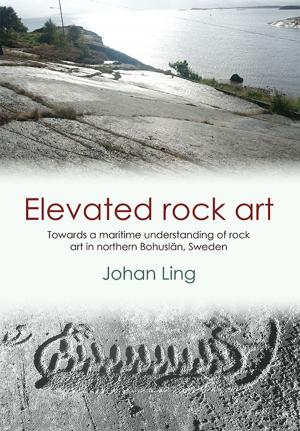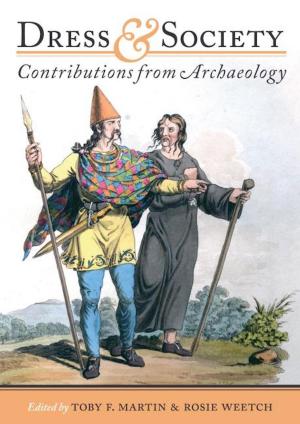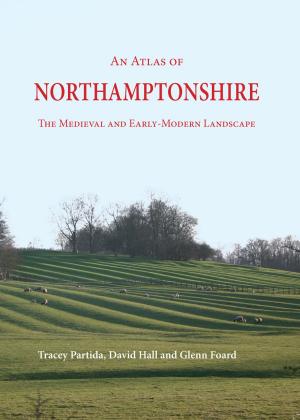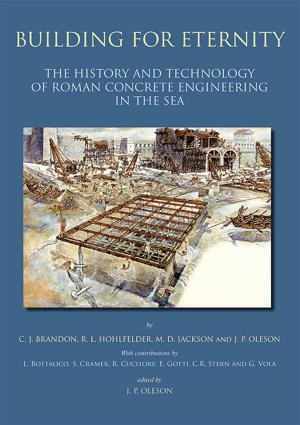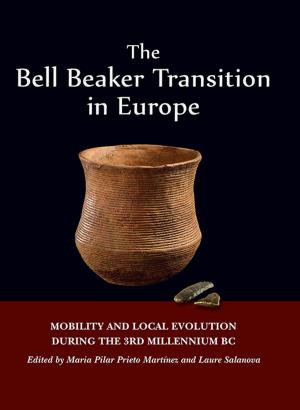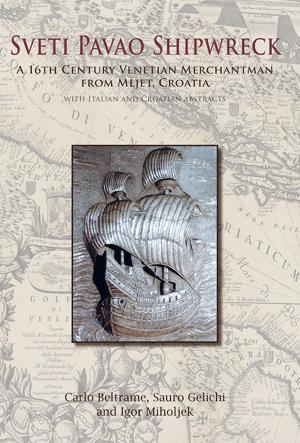Textiles and the Medieval Economy
Production, Trade, and Consumption of Textiles, 8th–16th Centuries
Nonfiction, Science & Nature, Technology, Textiles & Polymers, Home & Garden, Crafts & Hobbies, Needlecrafts & Fabric, Weaving, History, Medieval| Author: | Angela Ling Huang, Carsten Jahnke | ISBN: | 9781782976486 |
| Publisher: | Oxbow Books | Publication: | June 30, 2014 |
| Imprint: | Oxbow Books | Language: | English |
| Author: | Angela Ling Huang, Carsten Jahnke |
| ISBN: | 9781782976486 |
| Publisher: | Oxbow Books |
| Publication: | June 30, 2014 |
| Imprint: | Oxbow Books |
| Language: | English |
Archaeologists and textile historians bring together 16 papers to investigate the production, trade and consumption of textiles in Scandinavia and across parts of northern and Mediterranean Europe throughout the medieval period. Archaeological evidence is used to demonstrate the existence or otherwise of international trade and to examine the physical characteristics of textiles and their distribution in order to understand who was producing, using and trading them and what they were being used for. Historical evidence, mainly textual, is employed to link textile names to places, numbers and prices and thus provide an appreciation of changing economics, patterns of distribution and the organisation of trade. Different types and qualities of cloths are discussed and the social implications of their production and import/export considered against a developing background of urbanism and increasing commercial wealth.
Archaeologists and textile historians bring together 16 papers to investigate the production, trade and consumption of textiles in Scandinavia and across parts of northern and Mediterranean Europe throughout the medieval period. Archaeological evidence is used to demonstrate the existence or otherwise of international trade and to examine the physical characteristics of textiles and their distribution in order to understand who was producing, using and trading them and what they were being used for. Historical evidence, mainly textual, is employed to link textile names to places, numbers and prices and thus provide an appreciation of changing economics, patterns of distribution and the organisation of trade. Different types and qualities of cloths are discussed and the social implications of their production and import/export considered against a developing background of urbanism and increasing commercial wealth.




